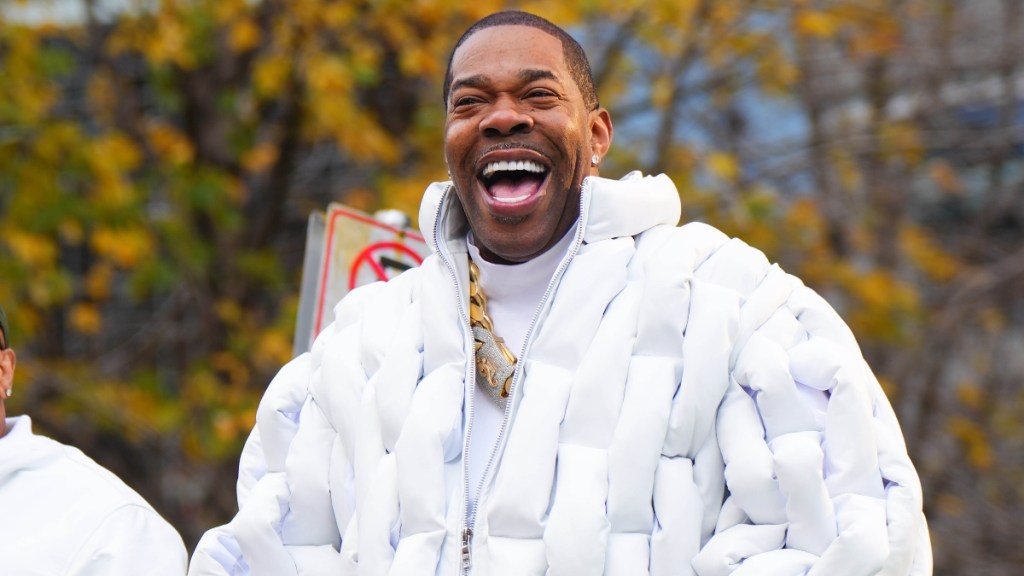Being of Chinese descent in Singapore breeds a particular kind of blindness. We make up 74.6 percent of the city-state’s 5.7 million people, so it’s no surprise that ethnic Chinese hold significant political and social dominance in Singapore. Growing up, it was easy to take for granted the fact that people who looked like me were represented in popular culture. I never felt the need to question my identity as a Singaporean.
In school, no one made fun of my name. When I was looking for work, my ethnicity was a bonus. Job interviews were a relatively uncomplicated process. Can I speak Mandarin? Yes. Can I work holidays aside from Chinese New Year? Yes.
Videos by VICE
But like most Chinese Singaporeans, I couldn’t see how my success had anything to do with my race. My friends, on the other hand, clearly saw how race affected their lives. Eden, who is part Eurasian, part Indian, was constantly bullied as a child. Kids made fun of his curly hair, his dark skin, and his body hair. Now an adult, Eden still looks back and thinks about how much if affected him.
“Everything that was different about me was measured against the Chinese normal,” Eden said. “And I was always treated as if I was falling short of that standard. It affected the very fabric of my being. For the longest time, I believed that there was something inferior about me.”
What I didn’t understand was that I was privileged. Eden, sadly, was not. Now, I don’t mean that I was privileged in the “traditional” sense. I was privileged in the Peggy McIntosh “invisible knapsack” sense. Singapore, as a country, viewed my race as the standard. It afforded me luxuries not so easily granted to non-Chinese Singaporeans who had to navigate a culture that treats them as an “other.” It’s an idea that’s caught on amongst liberals in the West.
And out here in Southeast Asia it’s slowly gaining ground. In Malaysia, decades of bumiputera rule have resulted in Malay privilege and supremacy. In Indonesia, Java-centric policies and a history of transmigration has imposed Javanese patterns of thoughts, behavior, and standards on the rest of the country. Similar stories play out in Myanmar, Thailand, and the Philippines.
In Singapore, it’s what Indian Singaporean activist Sangeetha Thanapal calls “Chinese privilege.”
“I define Chinese privilege similarly to white privilege,” Thanapal said. “While I realize that the concept of white privilege has its own context and history, it really helped me to understand the situation in Singapore by analogy. By virtue of being Chinese in Singapore, you start life at a higher place compared to minorities.”
How did this happen? History. Singapore has been a multi-cultural nation since it was a British colony. The British grouped non-European colonial citizens into four major groups: Chinese, Malay, Indian, and other. The city was even laid out according to racial makeup. Europeans and wealthy Asians lived downtown. Ethnic Chinese lived in Chinatown. Ethnic Indians in Little India and ethnic Malays and Arabs in Kampong Glam. Today, these neighborhoods are seen as a testament to Singapore’s multi-cultural foundation. But British rule also reinforced discriminatory schemes, according to Hydar Saharudin, a history major at Nanyang Technological University of Singapore.
“The ‘color bar,’ for example, permitted only white Europeans into government employment,” Saharudin said. “By the late 19th Century, the British had established formal racial categories and popularized racial stereotypes—which portrayed Indians as servile and depraved, Malays as lazy and backward, and Chinese as crafty and deceitful.”
So how did we get to Chinese privilege? Singapore has had one ruling party since independence. The People’s Action Party (PAP) was the incumbent Chinese political party immediately after independence. And the PAP, which feared “westernization,” sought to “re-Asianize’ Singapore with policies that were privileged “Chineseness” over all else.
The PAP introduced plans to cultivate and uphold Singapore’s Chinese character with programs like the Special Assistance Plan, which turned Chinese schools into well-funded, upper-class monocultural institutions, while other schools were overlooked. The government launched “Speak Mandarin” and “Asian Values,” campaigns in the 80s and 90s—which heavily emphasized Mandarin and Confucian values as benchmarks.
“If you want to apply for jobs in Singapore, 90% of them will ask if you are able to speak Mandarin,” Azura McIlwraith said. “The Chinese language is prioritized, to the point where there are citizens who do not feel the need to make an effort to communicate in English [the most-common of Singapore’s four national languages]. Growing up, I studied Mandarin as a second language, because my parents felt that I would have a better future.”
It’s created a culture where non-Chinese Singaporeans often feel like its best to keep quiet and not complain in order to avoid any conflict.
“Being Malay and Muslim distinctly disadvantages me in Singapore,” said Nur, an architect. “At work, I have to keep my head down, and work much harder to be taken seriously. Sometimes, my co-workers have meetings in Mandarin, and I will have to take notes from someone else afterwards. Insensitive questions are common. I’m asked why I wear the hijab when it’s so hot. We are constantly reduced to our race.”
But the issue is starting to get the attention it deserves. The concept of “Chinese privilege” is slowly gaining traction in the national discourse. There have been articles on casual racism. Channel News Asia recently aired an entire show on race relations that highlighted the experience of minorities.
“Minorities are more willing to publicly speak about it,” said Thanapal. “Two years ago, I was supposedly a kook on the internet. Now, state media is producing TV programs using a term I invented. That’s real progress in bringing racism in Singapore to public light.”
Cher Tan is a Singaporean writer living in Adelaide, Australia. She writes about identity, politics and culture. Follow her at @mxcreant.
More
From VICE
-

Photo by Miriam Espacio on Pexe -

-

Images by WWE / Collage by Haley Miller -

XNY/Star Max/GC Images
